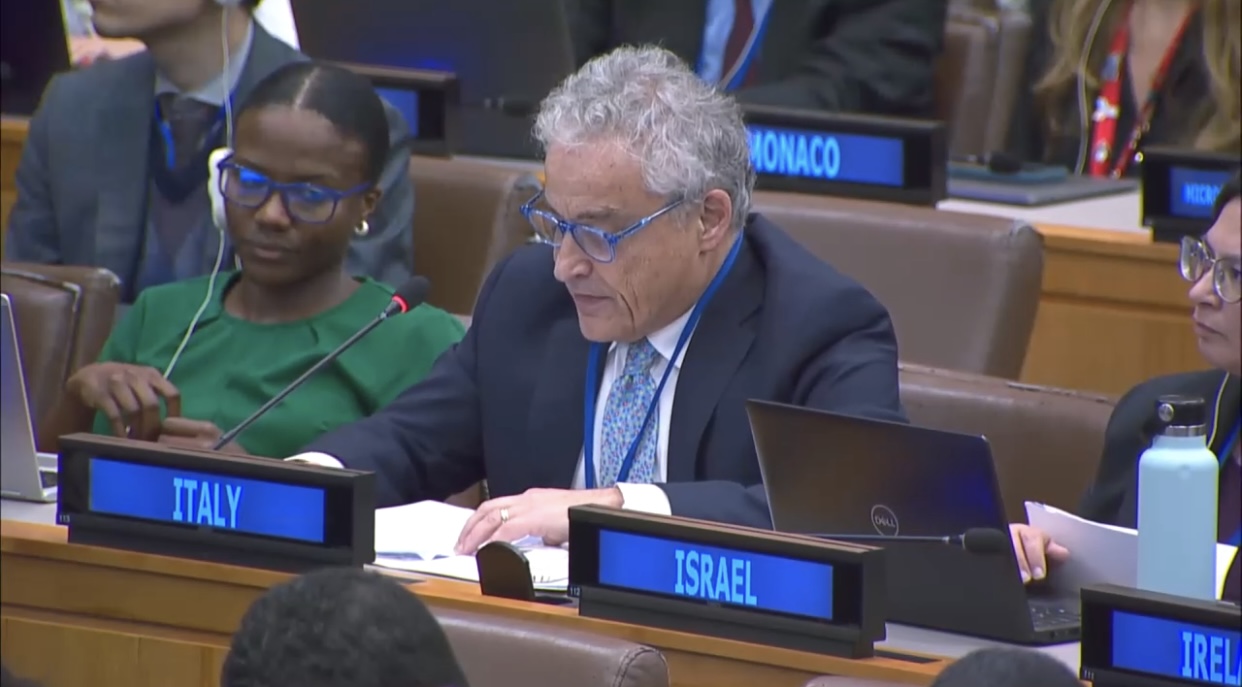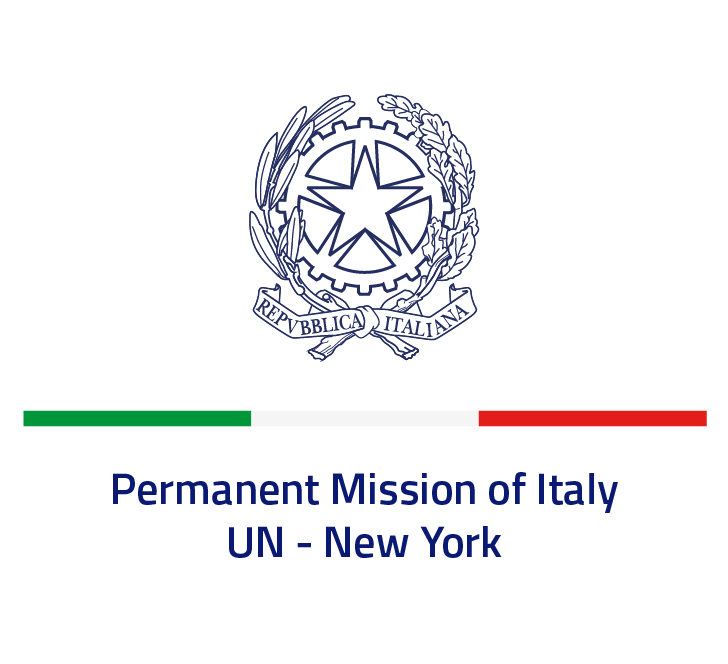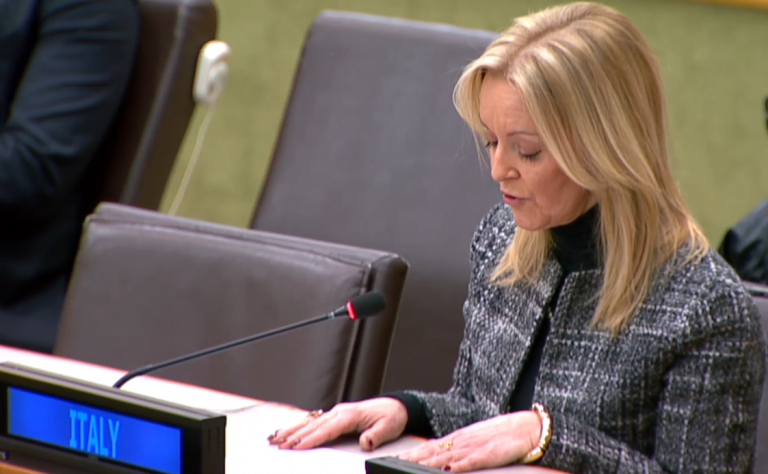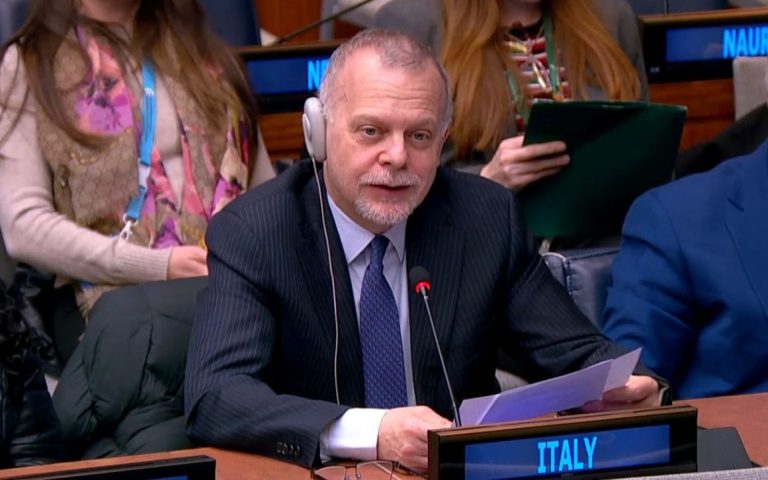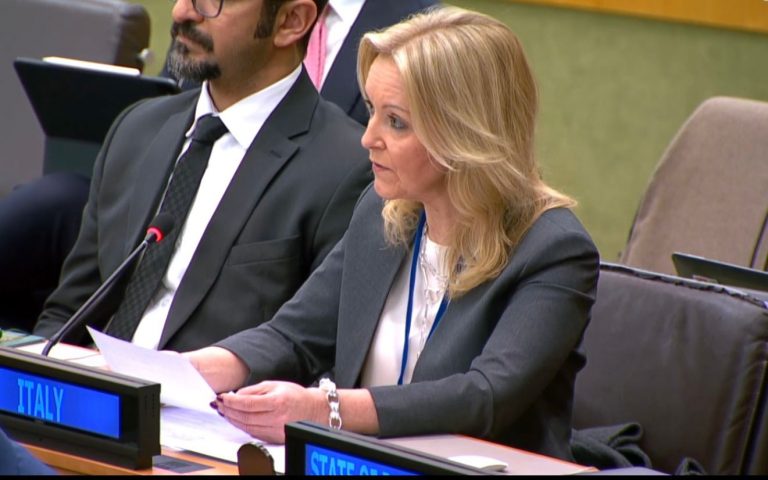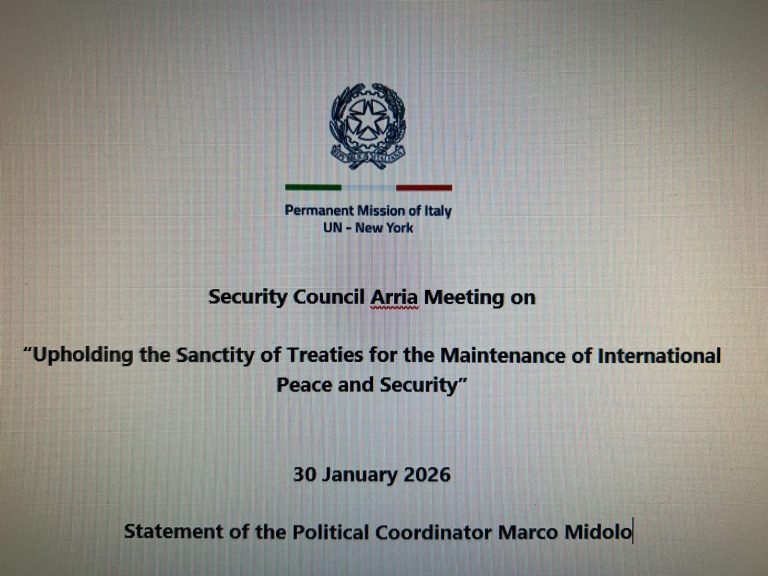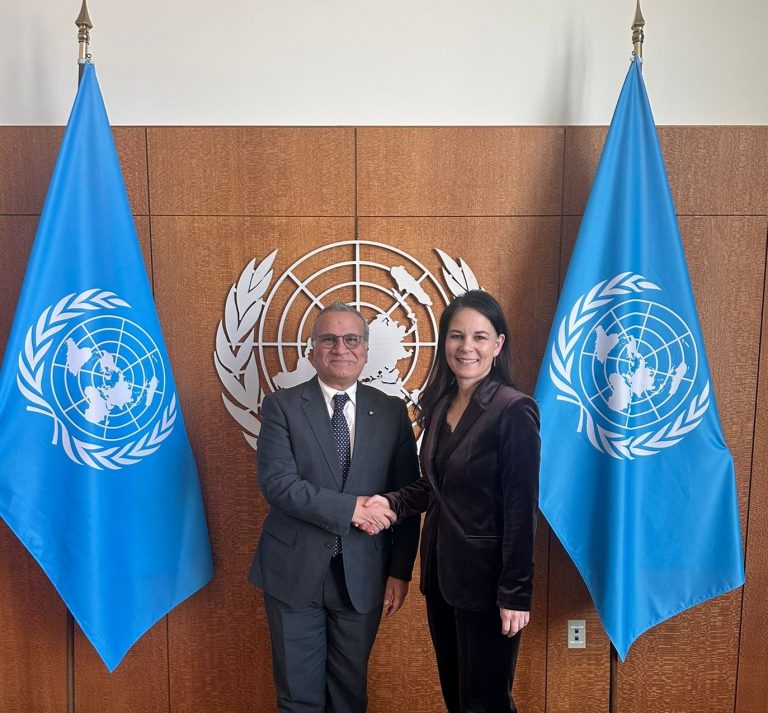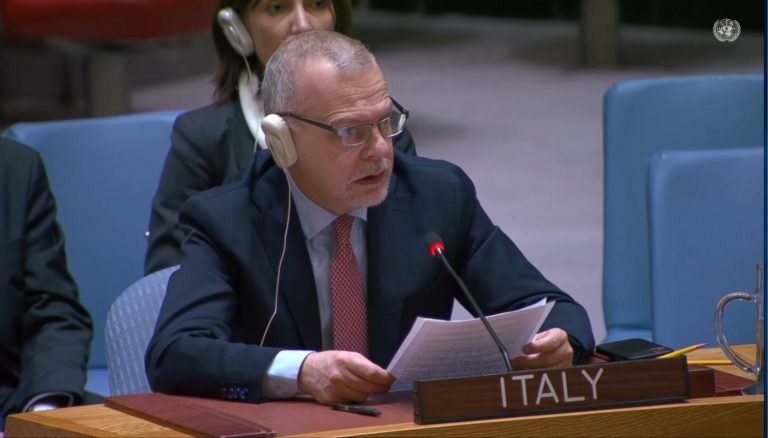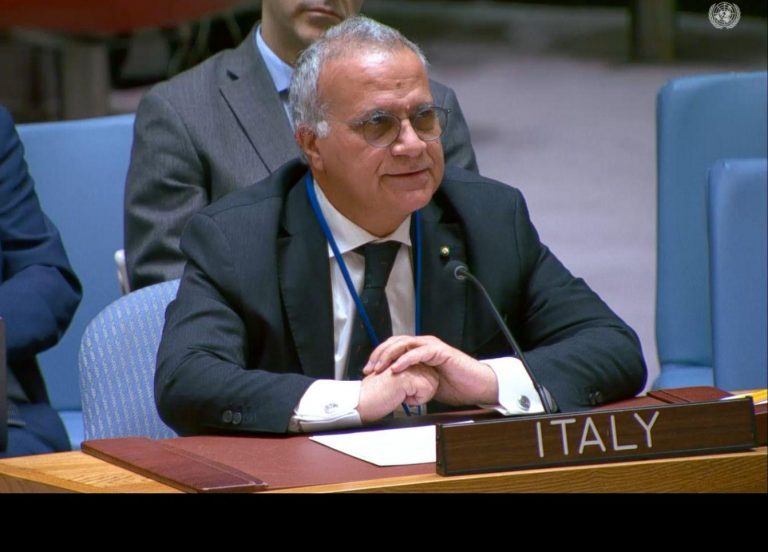Thank you Mr. Chair.
It is a pleasure to introduce the resolution on the moratorium on the use of the death penalty, co-facilitated by Italy and Argentina on behalf of the 44 members of the Inter Regional Task Force.
This resolution is deeply rooted in the principles of human dignity and the right to life, which lie at the heart of the Third Committee mandate and work.
We acknowledge the progress already made in this field: when the Universal Declaration of Human Rights was adopted 75 years ago, only 10 countries had abolished the death penalty. Today, more than two-thirds of countries – from across all regions of the world – have abolished the death penalty – in law or in practice. This demonstrates a growing global momentum, with a universal character. This resolution has been instrumental to support this trend.
Last year, the number of countries that carried out executions reached the lowest figure on record. Retentionist countries, even though extremely vocal in this room, are increasingly isolated worldwide.
Let me emphasize: the abolition of the death penalty is not a matter of “culture” or “tradition”. States from all regions of the world, with all kinds of different legal systems or religious backgrounds, have abolished the death penalty – de jure or de facto. This resolution reflects this inclusive and cross regional spirit.
As in previous years, it calls upon States to establish a moratorium on executions, with a view to ultimately abolish the death penalty. For those States that decide to retain it, it urges them to ensure human rights of individuals facing this sentence. We believe that this resolution is crucial not only for promoting the right to life, but also for addressing irreversible justice errors, fostering international cooperation on human rights, encouraging discussions about the effectiveness of death penalty and, as mentioned, aligning with global trends toward abolition.
We invite all delegations to stand with us in supporting this resolution, joining this growing and inclusive cross-regional movement.
Importantly, let me also stress that the resolution does not call for any constitutional change or revision of national legislation. Voting in favor of the resolution does not contradict each state’s legal system; rather, it reinforces the principle of national prerogative, letting each state to approach this sensitive issue in a way that reflects its unique legal and cultural context. Like any other Member State, we do believe that the concept of sovereignty is a foundational principle in international law. This respect for sovereignty is inherent in the text, ensuring that each country retains full independence in shaping its approach to criminal justice. Sovereignty is not a concept valued exclusively by one or a specific group of countries. Any divisive representation of sovereignty, that we will probably hear in this room, is unfair and misleading.
Our ultimate goal remains to ensure that the resolution is a meaningful tool that reflects our shared commitment to protect human life and promote human rights.
We hope we can count on your strong support.
Thank you.







